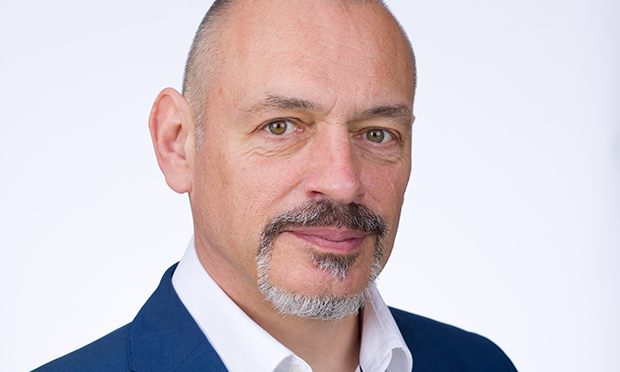School nursing in Hackney set for £7m rejuvenation

Cllr Chris Kennedy, cabinet member for health. Photograph: Hackney Council
Hackney Council is to spend £7 million to revitalise nursing in the borough’s primary and secondary schools.
The cash will help renew the City and Hackney’s School-Based Health Service (SBHS), and is part of a wider drive to improve the health of Hackney’s young people.
The contract will last for three years, followed by an annual review for a further two years.
Town Hall health chief Cllr Chris Kennedy said the contract demonstrates the council’s commitment to “not reducing spending on health despite the immense financial pressures we’re under”.
City and Hackney’s spending on school nursing and the Healthy Child Programme is among the highest in London.
Kennedy, a councillor for Hackney Wick, justified the outlay, saying: “The number of children in schools going down, but their individual needs are going up.”
Health outcomes for school-aged children in Hackney are poor compared to national and regional averages, and they are worsening.
Since the last review of SBHS in 2018, the need for safeguarding support has increased, as have unhealthy weight levels.
There has also been a reduction in vaccine coverage, a rise in emotional wellbeing needs, and a higher number of children absent from school.
Factors including the pandemic, austerity, and more children living in poverty have exacerbated health inequalities locally.
A recent University College of London study found that ‘Generation Z’ children born into the poorest fifth of UK families are 12 times more likely to experience a raft of poor health and educational outcomes by the age of 17 compared to more affluent peers.
This is cause for concern in Hackney, which, according to Trust for London, has a 43 per cent child poverty rate – 10 per cent higher than the London average.
In renewing the SBHS programme, the council hopes to rebuild what it says is a disconnect between schools, particularly primary schools, and their allocated school nurse.
According to public health consultant Carolyn Sharpe, there is to be a “team of nurses operating in neighbourhoods”.
The new structure of nurses will expand “their capacity to deliver essential health guidance, and the core elements of care, such as contraceptive and vaccination advice”.
She said the investment should enable nurses to “use their clinical skills and judgement to identify children in need of early help and work, collaboratively with system partners across health, education and social care, to ensure the right support is delivered”.
“This is what modern school nursing should look like,” Sharpe concluded.

So despite this initiative having run since at least 2018 at one of the highest levels in London, with the number of children reducing, the outcomes for children have been getting worse.
Rather than being a good news story, this actually details a huge failure.